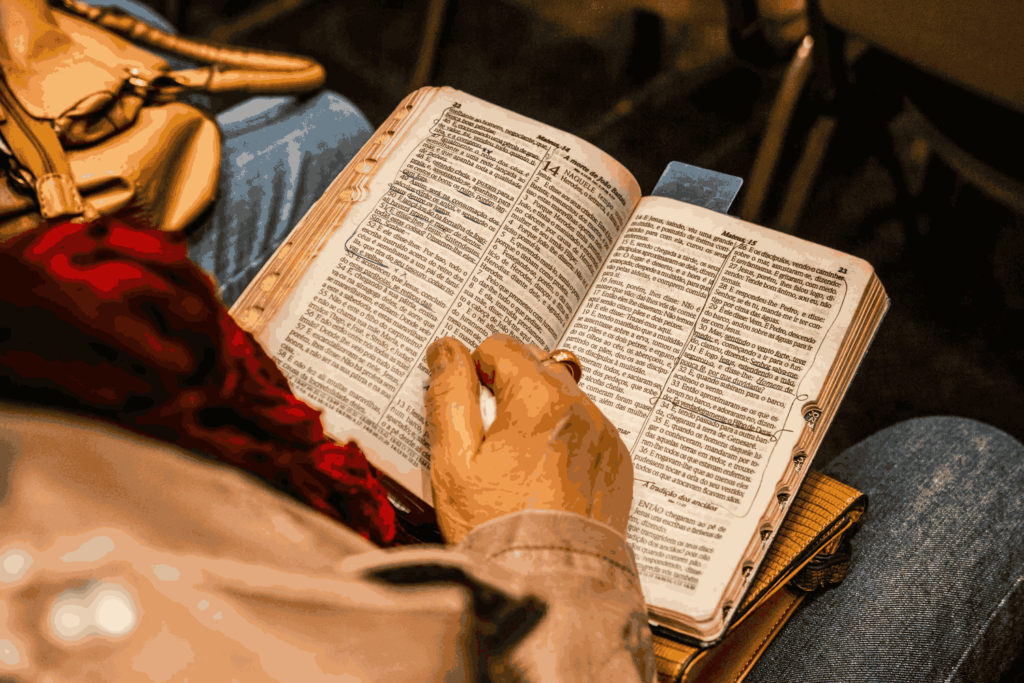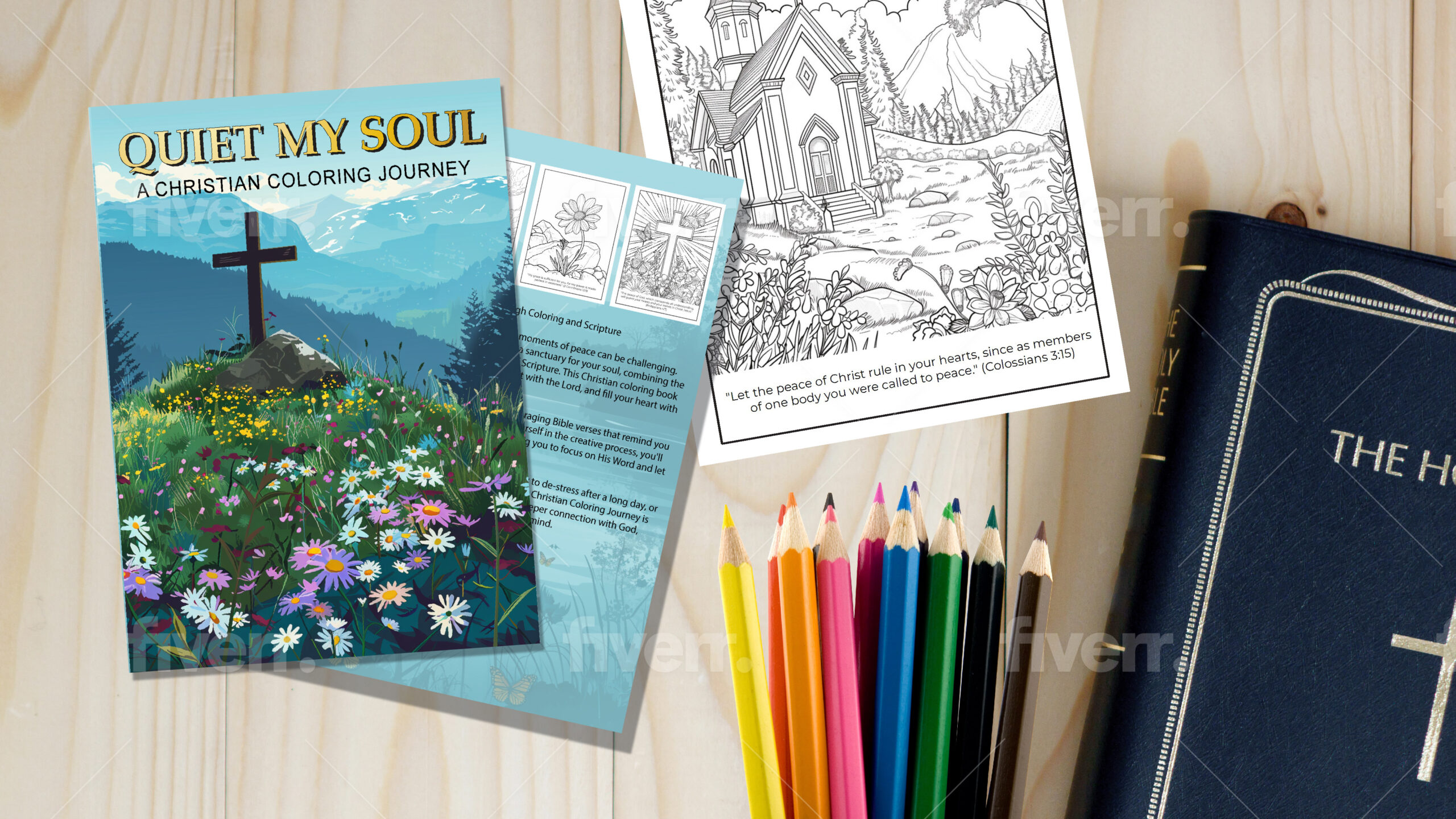Growing up, I was captivated by the power of hymns. Sitting in church, I would watch my grandmother wave her hands and sing with the congregation, her voice filled with emotion. At home, she hummed those same hymns, and I saw how they brought her peace, joy, and comfort during times of lament.
Even as a child, I joined in singing. I didn’t fully understand the lyrics and sometimes made up my own! One hymn the deacons often sang sticks with me:
A charge to keep I have,
A God to glorify,
A never-dying soul to save,
And fit it for the sky.
In our old-school Baptist church, the tradition of “lining the hymn” was central. The deacons would sing a line, and the congregation would echo it in a moaning, call-and-response style.
One day, I asked my grandmother, “Who is Charles?” Confused, she replied, “Baby, what are you talking about?” I said, “The deacons keep singing, ‘Hey Charles to keep…’” She laughed and said, “No, baby, they’re singing ‘A charge to keep.’”
That early fascination with lyrics turned into a lifelong obsession. I would record songs, replay them endlessly, and write down the words. To this day, I can recite the lyrics to classics like:
- Slick Rick’s Bedtime Story
- Queen’s Bohemian Rhapsody
- Anita Baker’s Fairy Tales
- India Arie’s Brown Skin
- John Mayer’s Gravity
- The Cars’ You Might Think
- Pat Benatar’s Love is a Battlefield
The Significance of Song Lyrics
Do we ever pause to truly understand the lyrics we sing? Lyrics have the power to shape emotions and transform moments. This has always been true—consider the book of Psalms, where many poems were written to be sung.
Take the Songs of Ascent (Psalms 120–134), for example. These Psalms were sung by pilgrims traveling to Jerusalem for annual festivals. With the holy city surrounded by mountains, their journey involved a challenging uphill climb. Imagine singing these words on the way:
“I will lift up my eyes to the mountains; From where shall my help come?
My help comes from the Lord, Who made heaven and earth.”
—Psalm 121:1-2 NASB
“I was glad when they said to me, ‘Let us go to the house of the Lord.'”
—Psalm 122:1 NASB
“Those who trust in the Lord are as Mount Zion, which cannot be moved but abides forever.”
—Psalm 125:1 NASB
These songs encouraged perseverance and faith on their long journey.
The Role of Hymns and Spiritual Songs Today
The Bible reminds us of the importance of songs in worship:
“Let the word of Christ richly dwell within you, with all wisdom teaching and admonishing one another with psalms and hymns and spiritual songs, singing with thankfulness in your hearts to God.”
—Colossians 3:16 NASB
Today, we have modern worship leaders like Tasha Cobbs-Leonard, Chris Tomlin, Hezekiah Walker, and Matt Redman who continue to create powerful songs that inspire devotion. Whether at church, during personal prayer, or even while driving, these songs have the power to draw us closer to God.
How to Deepen Your Connection with Hymns
To fully experience the depth of hymns, here are three simple steps:
Step 1 Write It
Write down the lyrics or scripture on index cards or in a notebook. Writing engages memory and helps you internalize the words.
Step 2 Recite It
Read the lyrics or Bible verses aloud. This practice strengthens comprehension and helps you connect with the meaning.
Step 3 Replay It
Listen to the song or scripture repeatedly. Use tools like YouTube’s replay feature or audio versions of the Bible for continuous immersion.
Step 4 Repeat It
Repeat steps 1 through 3. As Brian McKnight puts it, “Start back at one.”
A Hymn to Hold On To
Here’s a hymn I’ve been meditating on this week:
“My hope is built on nothing less
Than Jesus’ blood and righteousness.
I dare not trust the sweetest frame,
But wholly lean on Jesus’ Name.
On Christ the solid Rock I stand,
All other ground is sinking sand.”
The Psalms and Hymns That Shape Us
The songs we sing become the soundtrack of our lives. Whether it’s ancient Psalms sung by pilgrims, timeless hymns passed down through generations, or modern worship songs, these lyrics carry deep meaning.
What psalms, hymns, or spiritual songs are you clinging to today?
I encourage you to take time to truly embrace the words. Let them dwell in your heart richly, transforming your thoughts and deepening your faith.
This week, let’s reflect on our favorite songs, both old and new, and sing them with thankfulness. Let’s write them, recite them, replay them, and repeat them until they shape us into people of gratitude and worship.





